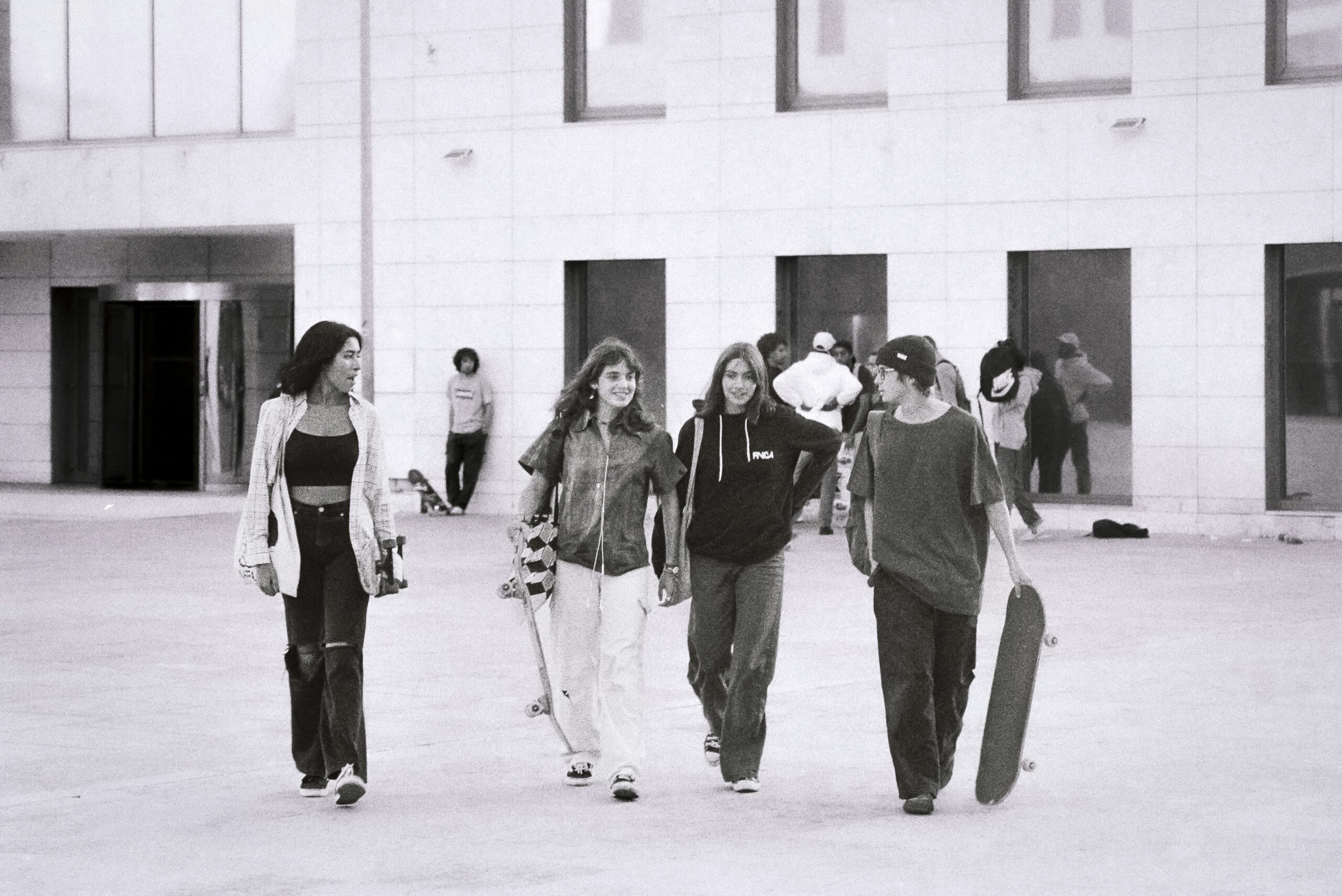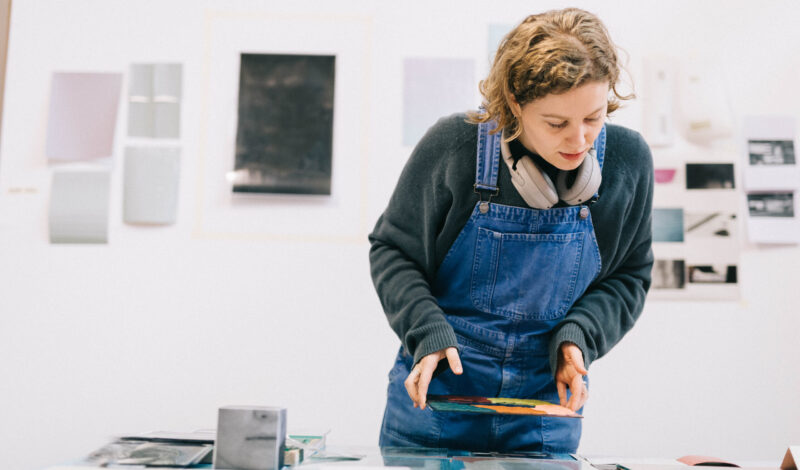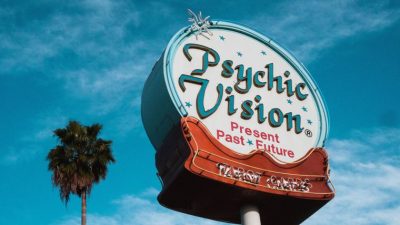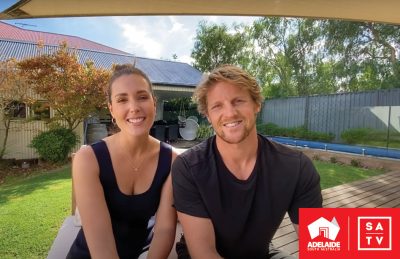Does Gen Z have it harder than previous generations?
Stoked by the media, politicians with an axe to grind and social media, the battle of the generations has long been waged with a core question at its centre, who has it harder?
While economic disparity, cultural evolution, media framing and the digital divide all have a role to play in pitting the generations against each other, what remains undeniable is the unique pressures that are being faced by young people currently.
In a yearly study conducted by Monash University titled the Australian Youth Barometer (2024) it was revealed that 98% of young Australians reported having feelings of anxiety or depression at least once in 2024, and that 86% had experienced financial difficulties in the last 12 months.
In the same study the top three issues young people view as needing immediate action were: affordable housing (nominated by 73% of young Australians); employment opportunities for young people (52%) and climate change (40%).
In a study conducted last month by Square Holes, 40% of participants believe that Gen Z have it easier than previous generations, while 33% felt they had it harder.
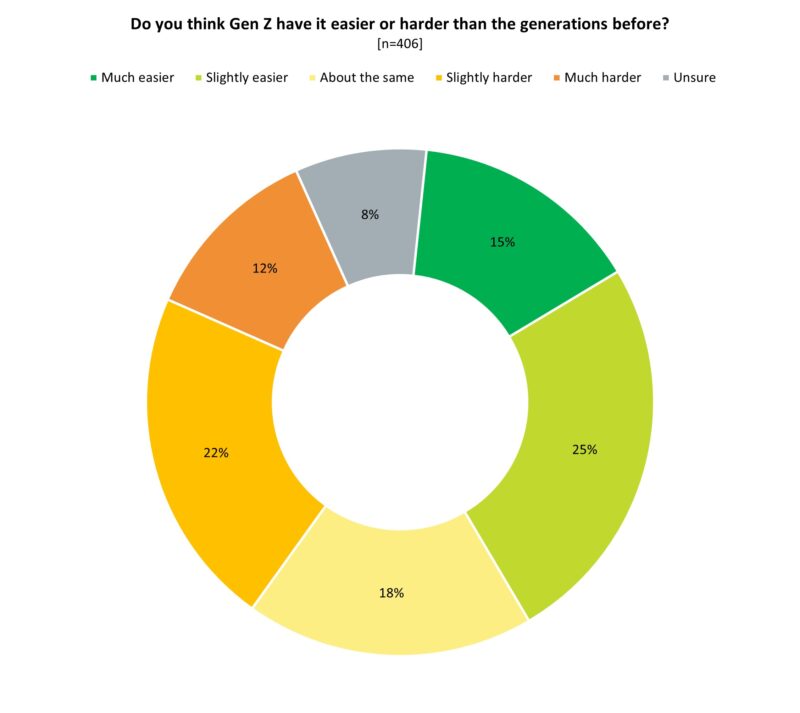
From those numbers it was older Gen Z representatives and Gen X that voted highest for Gen Z having it easier, while yonger Gen Zers and Boomers felt they have it harder.
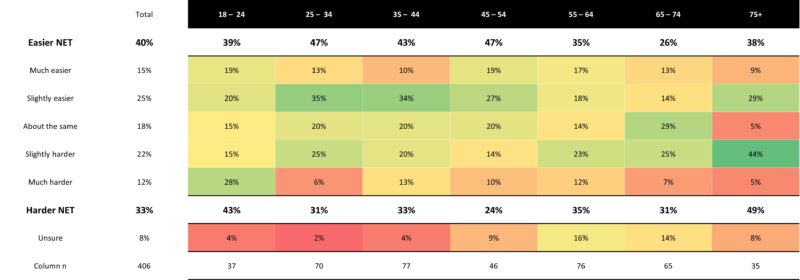
When asked about the main issues facing young people today, the three top suggestions were the cost of living/housing crisis, employment pressures (job availability), and negative impact of social media/technology use.
A hot topic of conversation currently, Square Holes also asked about the growing influence of AI and its effects on young people. When asked if AI was a positive tool for young people, 40% of respondents voted in the affirmative, while 30% remained uncertain.
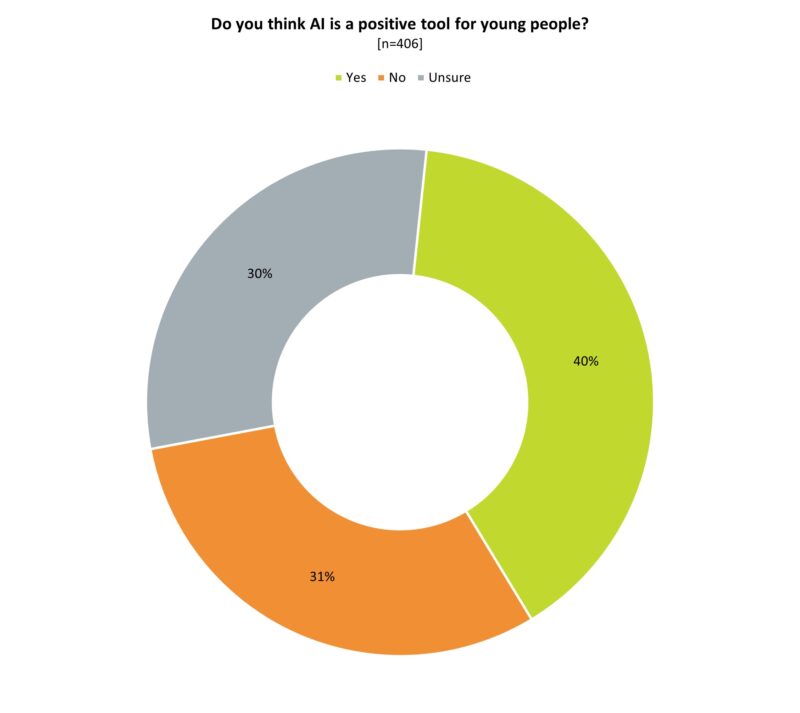
When pressed about their attitudes, the three main reflections were around AI increasing efficiency and acting as a learning support, concerns around over-reliance on it as a tool resulting in a drop in critical thinking, and uncertainty about its impact.
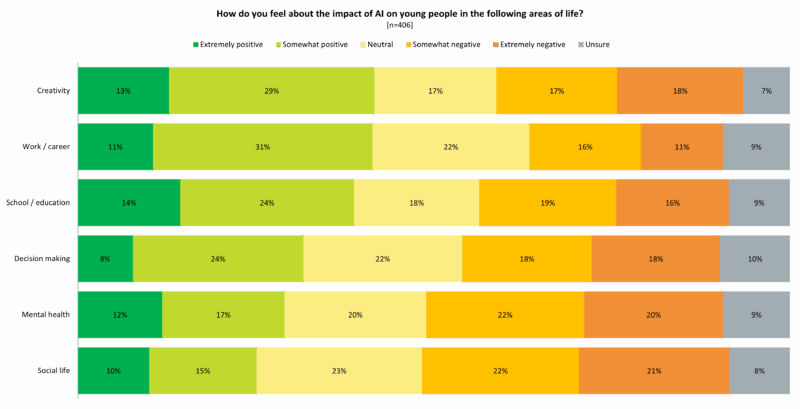
Square Holes are regularly engaged by businesses and organisations to uncover what’s in the hearts and minds of young Australians, and throughout our research in sectors like education, entertainment, and health, it’s clear that covid-19, cost of living pressures and the housing crisis are having a major impact on how the youth live, connect and spend their money.
One organisation that Square Holes recently partnered with was the State Theatre Company of South Australia, to map the going out habits and entertainment spending of young people in the state.
Kristy Rebbeck, Head of Marketing & Customer Service at State Theatre Company South Australia says that Gen Z audiences are looking for stories that mean something to them.
“I believe that Gen Z audiences are seeking more than just a night out—they’re looking for relevance. By aligning our programming, storytelling, and marketing strategies, we’re steadily building this audience segment,” says Rebbeck.
While engaging younger audiences helps the long-term sustainability of the company by building “future theatregoers”, Kristy says that they also help the cultural institution to remain relevant and agile.
“Young audiences also bring fresh perspectives and demand innovation. Their participation pushes us to tell bolder stories, embrace new formats, and expand our reach—ensuring State Theatre Company remains vibrant, inclusive, and future-focused,” says Rebbeck.
Are you looking to engage a younger audience? Find out how Square Holes can help here.
